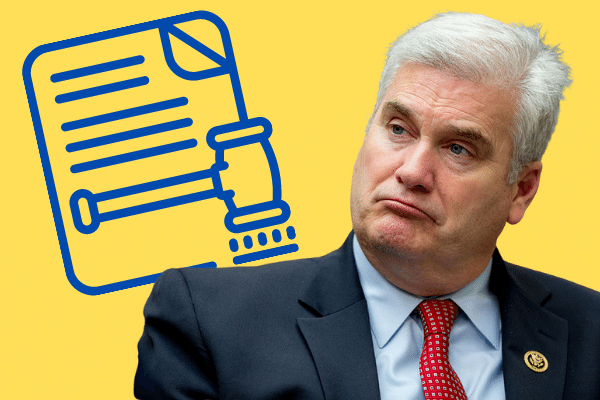Dubai has introduced a new regulatory framework for the crypto industry, providing a concrete licensing regime for digital asset issuers and service providers. This is a significant move, as the country has been aiming to become a global hub for blockchain and crypto activity for a long time. Under the new framework, entities planning to offer one or more crypto-related services in Dubai must obtain relevant authorization and licenses. Four compulsory rulebooks accompany the framework for service providers, and seven activity-based rulebooks set out requirements by the type of service offered. This framework will bring clarity and trust to the industry. Dubai’s watchdog, the Virtual Asset Regulatory Authority (VARA), has already given operational approval to institutional crypto custody provider Hex Trust.
Although the licensing costs are expensive, many believe they are reasonable for larger companies. However, the fees may need to be revised for start-ups. The aspiring hub’s new legal framework also highlights compliance costs in the region, which could make it difficult for smaller companies to set up in the area. On the other hand, the comprehensive nature of the new framework also leaves room for further development over time.
Dubai has been actively courting companies to set up in the jurisdiction even before publishing its planned rules for the sector. However, the new regulations could make it harder for smaller companies to set up in the area. Still, most believe the new rules will help filter out “unwanted projects.” While some have criticized the regulations for being too prescriptive, most agree that Dubai needed to step up and regulate the industry, with so many bottom-feeding scammers trying to establish themselves there.
The Middle East and North African countries (known as MENA) are lucrative markets worth the price, according to Talal Tabbaa, founder of regional crypto exchange CoinMENA. Dubai-based Islamic Coin co-founder Mohammed AlKaff AlHashmi echoed this sentiment, adding that “good projects” won’t have problems with high compliance costs. Overall, the new regulatory framework is expected to bring stability and trust to the crypto industry in Dubai, and many believe that it will further boost the country’s aim to become a global hub for blockchain and crypto activity.



